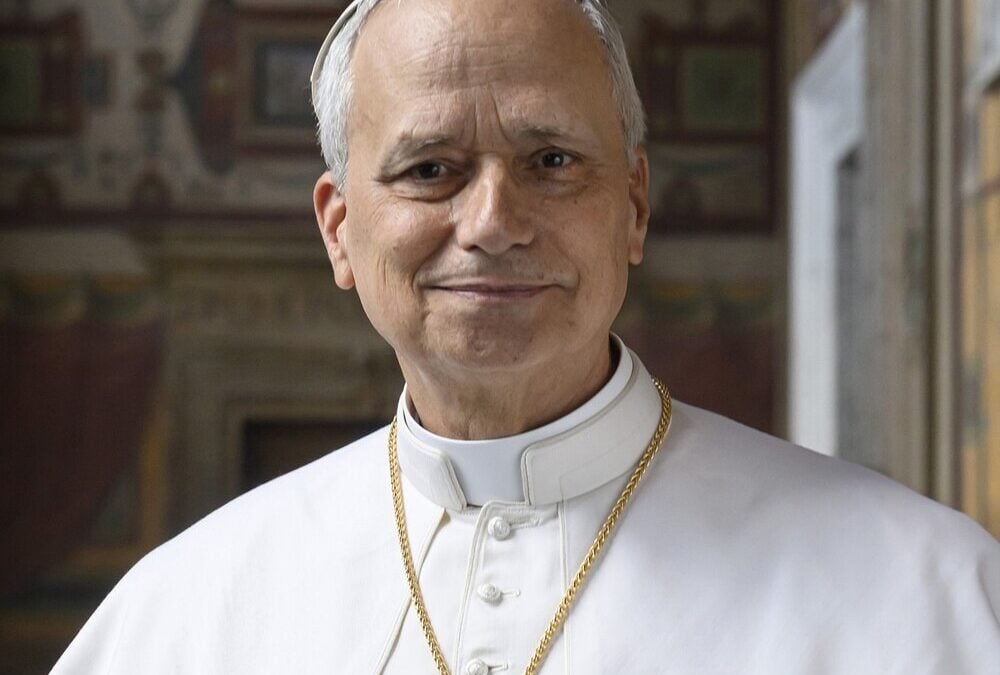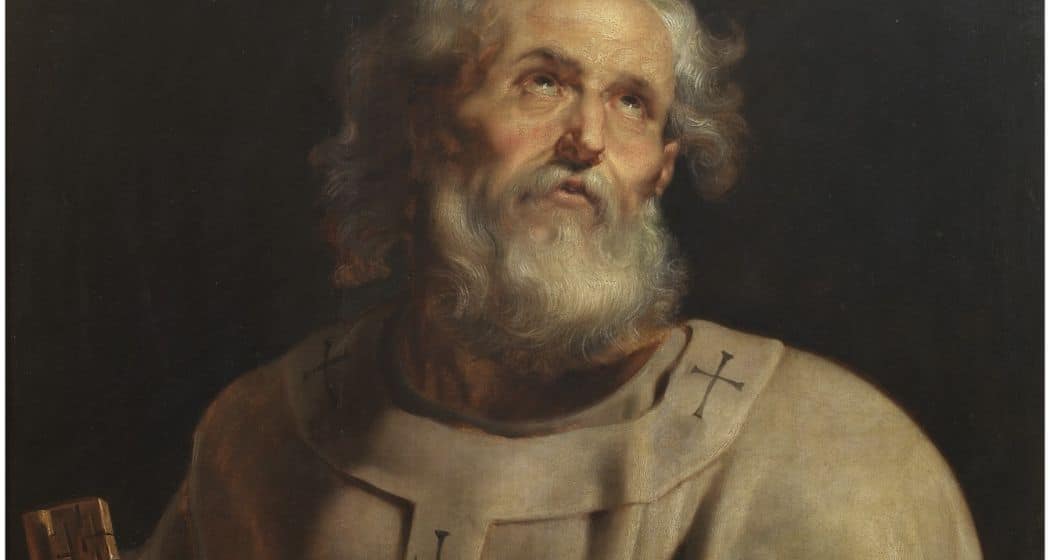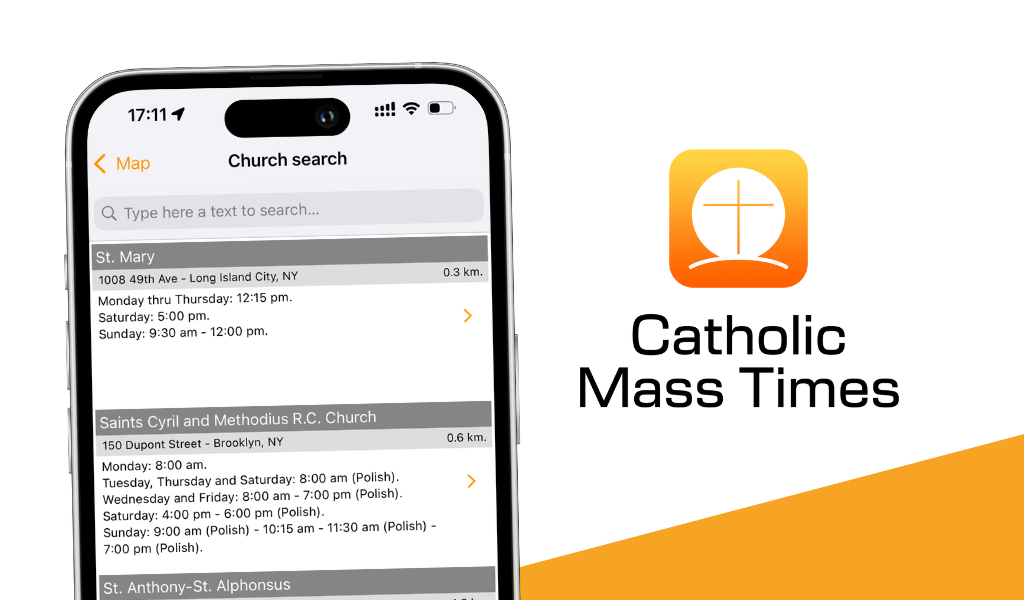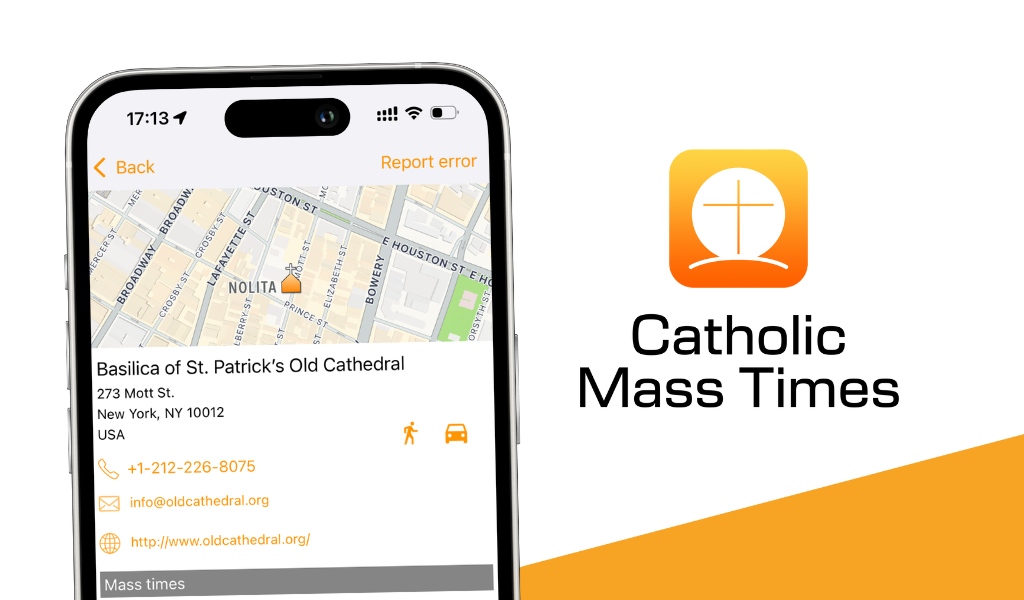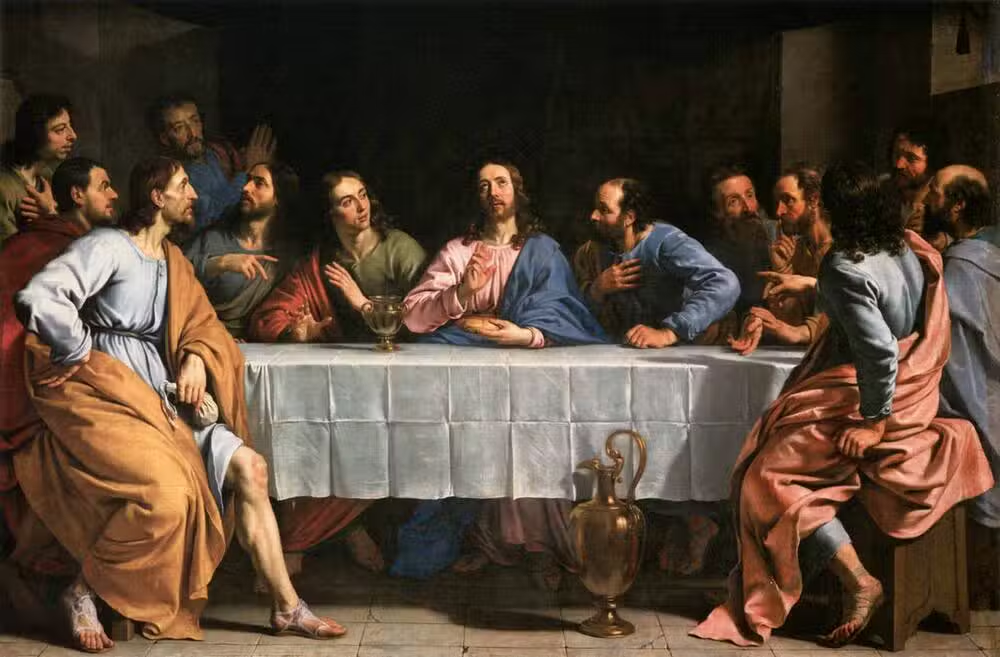The Holy Mass is much more than a liturgical act; it is an intimate encounter with God, where the faithful not only praise and give thanks, but also present their needs, pains, and desires. To ask God for help, also known as the impetratory purpose of the Holy Mass, is an expression of humility and trust in His providence.
In every Eucharist, the Church raises supplications for all humanity, showing that we are not alone in our struggles, but that we are part of a community that prays and intercedes. As the Catechism of the Catholic Church teaches, “the Eucharist is also a sacrifice of petition in which the Church presents to the Father her prayers to obtain graces and blessings for all the faithful” (CCC 1360).
Jesus taught us: “Everything you ask for in prayer with faith, you will receive” (Matthew 21:22). However, the Church reminds us that God is not merely a dispenser of wishes but a loving Father who grants us what is necessary for our salvation. We can present any petition to God if we do it with sincerity and trust in His will.
In the Mass, the Collect Prayer and the Prayer of the Faithful help us properly direct our supplications, asking for what aligns with His divine plan. Thus, our petitions should be guided by faith and acceptance of God’s will, trusting He knows what is best for us.
In this article, we will reflect on the prayers to ask God for help during the Holy Mass and how we can actively participate to present our needs with an open and trusting heart.
Keep reading to find tips on benefiting from the Holy Mass and participating with an open heart!
You can use the Catholic Mass Times app to find the nearest Catholic church with Mass, Confession, and Adoration schedules. It will surely help you! Download it now.
In Which Prayers of the Holy Mass Can We Ask God for Help?
Throughout the Holy Mass, we find several moments where the liturgy invites us to ask God for help. These prayers for help reflect the Church’s trust that God hears and responds to the petitions of His children.
1. Collect Prayer
After the penitential act, the priest pronounces the Collect Prayer, which gathers the intentions of the entire assembly. This prayer varies according to the liturgical season and festivities, but always seeks to present our supplications before God.
The Church reminds us that at this moment we are raising our voices with the certainty that God already knows our needs and attends to them according to His divine will. It is a moment to unite our personal intentions with those of the entire Church, trusting that God hears and responds to His people.
Example:
2. Prayer of the Faithful
Also known as Universal Prayer, this is one of the most explicit moments of supplication in the Holy Mass. Here, the assembly presents petitions for the Church, rulers, those in need, the sick, and personal intentions.
As the Church teaches, “it is the duty of the Christian community to intercede for one another, for the prayer of the righteous has great power” (James 5:16). It is a reminder that we can ask God for help not only for ourselves, but for all humanity, in communion with the universal Church.
Examples of Prayers of the Faithful:
A. For the sick:
B. For people who accompany, heal, and help the sick:
C. For families:
3. Eucharistic Prayer
In the Eucharistic Prayer, in addition to giving thanks, supplications are included for the Church to grow in unity, peace, and holiness. We pray for the Pope, bishops, and all the faithful, as well as for the deceased. This is a moment of intercession in which we trust that God will grant us the necessary graces to live according to His will.
This is a powerful moment to present our deepest needs, uniting them to Christ’s redemptive sacrifice.
4. Prayer After Communion
At the end of Communion, the priest leads a prayer that asks God for the fruits of the Eucharist to become visible in our daily lives. It is a moment to give thanks for the grace received and to ask God for help and strength to face daily challenges, trusting that God accompanies us at all times.
How we can better live the Holy Mass to ask for God’s help:
The best way to ask for God’s help is during the Holy Mass, where you unite with Christ, who offers Himself to the Father for the salvation of all souls. Offer your sufferings with Him, and He will give you what is best for your salvation. Sometimes, it will coincide with what you ask for; other times, it won’t, but God will hear your plea.
Use the Catholic Mass Times app to find the schedules of a nearby Catholic church and attend today! Download it now.
How Do You Ask God for Help?
One can ask God for help with humility and confidence, recognizing that we depend on His grace. In the Holy Mass, this is done through various prayers, such as the Prayer of the Faithful, where the community presents its pleas to the Lord, and the Eucharistic Prayer, in which unity and peace are requested. Jesus invites us to trust in God when He says: “Ask and it will be given to you; seek and you will find; knock and the door will be opened to you” (Matthew 7:7). By coming to God with an open and sincere heart, we demonstrate our faith in His providence.
Which Psalm to Ask God for Help?
One of the most powerful psalms for asking God for help is Psalm 121 (120): “I lift up my eyes to the mountains—where does my help come from? My help comes from the Lord, the Maker of heaven and earth”. This psalm reminds us that God is our protector and that His love sustains us in every difficulty. Also, Psalm 91 (90) is a confident plea in divine protection: “I will say of the Lord, ‘He is my refuge and my fortress, my God, in whom I trust’”. Reciting these psalms in personal prayer or during Mass can be a way to strengthen trust in God.
How to Ask God for Urgent Help?
When we need urgent help from God, we can turn to Him with a spontaneous and sincere prayer, like that of blind Bartimaeus: “Jesus, Son of David, have mercy on me!” (Mark 10:47). At Mass, we can present our petitions during the Offertory, offering our concerns along with the bread and wine. We can also pray the Our Father, in which we say: “Give us this day our daily bread”, recognizing that all grace comes from God. The key is to trust that God hears us and acts in His perfect timing.
You may be interested in: Prayers to Request an Urgent Miracle
How Can I Ask God to Help Me?
Can I Ask God for Anything?
Yes, we can ask God for anything, as long as we do it with a sincere heart and trust in His will. Jesus taught us: “If you believe, you will receive whatever you ask for in prayer” (Matthew 21:22). However, the Church reminds us that God is not merely a dispenser of wishes, but a loving Father who gives us what we truly need for our salvation.
During Mass, the Collect Prayer and the Prayer of the Faithful help us direct our petitions correctly, asking for what is in accordance with His divine plan. Thus, our supplications should be guided by faith and acceptance of God’s will, trusting that He knows what is best for us.




